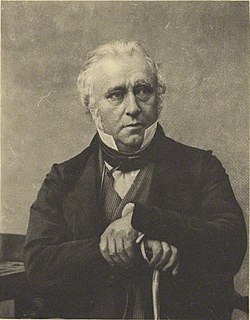A Quote by John Dryden
Those who write ill, and they who ne'er durst write,
Turn critics out of mere revenge and spite.
Related Quotes
Any negative review you write, they'll say, "Oh, you're being so mean." I think the problem with a lot of criticism is that too many critics either write just description or they write in a Mandarin jargon that only a handful of people can understand, or they write happy criticis - everything is good that they write about. I think that's really not good. I think it's damaged a lot of our critical voices.
One of the things I always underscore when I teach criticism is that young critics, or would be critics, frequently have this illusion that if they write about music they're somehow part of music, or if they write about movies they're part of movies, or of they write about theater they're part of theater, or write about literature. Writing is a part of literature, we belong the species of literature. If you add all the music reviews together that have ever been written, they don't create two notes of music.
What do prisoners do? Write, of course; even if they have to use blood as ink, as the Marquis de Sade did. The reasons they write, the exquisitely frustrating restrictions of their autonomy and the fact that no one listens to their cries, are all the reasons that mentally ill people, and even many normal people write. We write to escape our prisons.




































